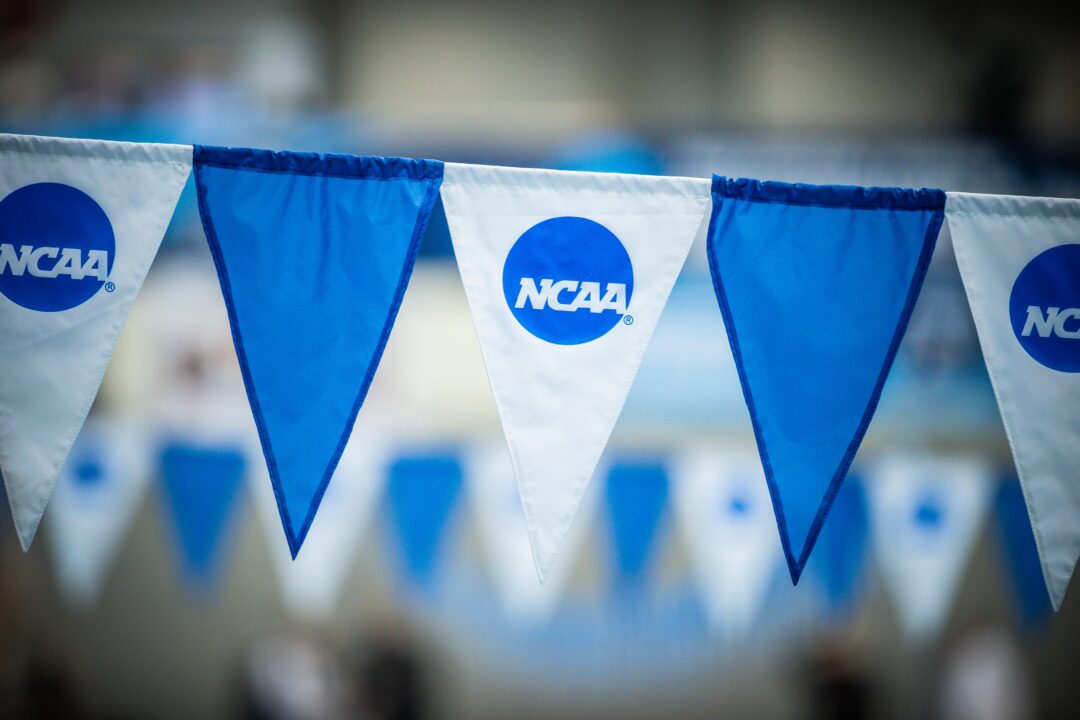Joe Moglia, a former TD Ameritrade CEO and Coastal Carolina football coach, writes in a new op-ed that the NCAA “got off easy” with its proposed multi-billion dollar settlement in House v. NCAA.
Moglia, who currently serves as chair of athletics and executive advisor to the president at Coastal Carolina, argues that plaintiffs in House v. NCAA should have rejected the $2.7 billion settlement, which would also pave the way for about $20 million in annual revenue-sharing with college athletes if approved by U.S. District Judge Claudia Wilken. Instead, he says, they should have bankrupted the NCAA so that conferences can “fill the void” with better leadership and a new professional league.
Without a settlement, the NCAA reportedly risked losing $20 billion in damages if the organization was dealt another defeat in court.
“If one of the major banks had collapsed in 2008, the fear was that the global financial system itself would have disintegrated,” Moglia wrote. “That’s why the government stepped in and every step was taken to protect the banks. We’re treating the NCAA the same way now. But does anyone really believe it’s impossible to hold a basketball tournament or a bowl game without the NCAA? Why go to such lengths to protect it?”
Moglia added that the new system will make it more difficult for smaller schools such as Coastal Carolina to compete with Power Five programs, and could even force institutions to cut non-revenue sports. The same argument was made when the NCAA allowed college athletes to profit off their name, image, and likeness (NIL) in 2021.
“The programs with powerful booster collectives will still be able to use those resources to lure top talent,” he said.
Moglia pointed out that the settlement fails to protect the NCAA from future litigation, create clear rules around NIL, regulate booster collectives, or reform the transfer portal.
When the settlement terms expire in 2034 — the same year that conference TV deals conclude — Moglia opines that college football and basketball should operate separately in a professional league with collective bargaining while non-revenue sports would remain with the NCAA.
“The silver lining of the settlement may be that it gives administrators some runway to solidify a spinoff and establish a new league for D1 revenue sports,” Moglia wrote.
The House v. NCAA settlement has sent administrators scrambling to figure out the future of college sports. The proposed elimination of scholarship caps in favor of roster limits could shrink men’s swimming rosters based on early discussions in the SEC.
According to Sportico’s Michael McCann, the proposed House v. NCAA settlement is far from a done deal. Wilken could reject the settlement on the grounds it would go too far in reshaping an entire industry.
“Wilken will surely observe that the settlement reimagines college sports in a way the NCAA and schools had long and vehemently opposed, including that it could make college sports seem like minor league pro sports,” McCann wrote.
Texas athletic director Chris Del Conte also chimed in this week, claiming that “we’ve lost our voice of what college athletics is about.”
“No one wants to hear that but only 2% of our student-athletes are going to go pro,” Del Conte said. “The rest of them are going to be doctors, lawyers, and great productive citizens.
“I have 21 sports now,” he added. “We’re funding all 21 sports, giving them incredible opportunities through the educational model. So this landscape, we’re just gonna have to adjust to it. We’ve all been there. We’ll figure it out. It’s just different pressures now.”

Maybe the NCAA has run its course… Fairness is evapporating and the student athletes have been heavily taken advantage of. Meanwhile, college coaches (especially in football and basketball) have been awarded with ridiculous contracts.